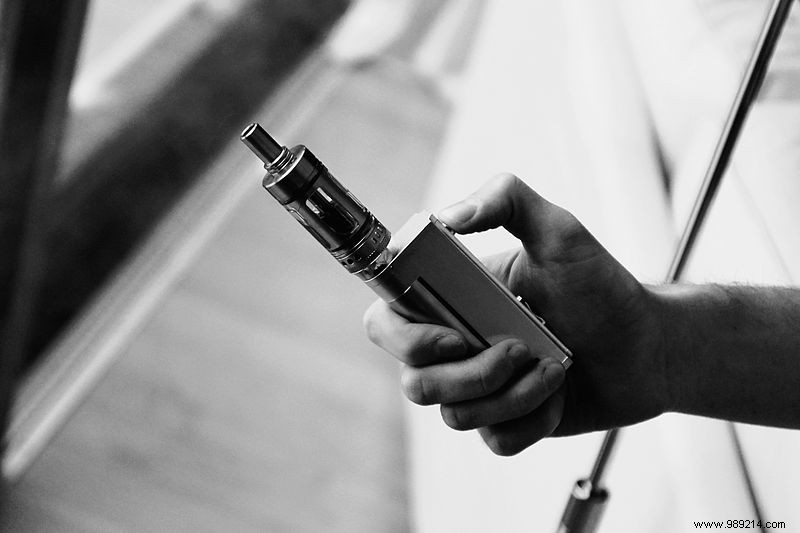The question of the harmfulness of electronic cigarettes is still debated, although negative observations are accumulating. A recent study has suggested a risk of impaired heart rhythm after exposing mice to aromatic liquids.
In October 2020, the independent international organization Cochrane reviewed the scientific literature concerning studies dealing with electronic cigarettes. The report claimed that tobacco smokers were more likely to quit their addiction using e-cigarettes within six months. On the other hand, there remains an important question mark in terms of potential long-term effects. If the short-term benefits in the fight against tobacco addiction are almost proven, the effects of electronic cigarettes on health are still poorly understood. In addition, teenagers represent a significant share of users, namely almost half. They are visibly attracted by the impressive variety of aromas available.
Remember that these flavors are added to a mixture of vegetable glycerin (70%) and propylene glycol (30%) with or without nicotine. Are they really safe? In a study published by the journal Heart and Circulatory Physiology on November 20, 2020, scientists from the University of South Florida (USA) demonstrated the toxic effects of certain aromas on heart cells (cardiomyocytes).

Researchers say they tested three liquids of electronic cigarette. The first contained aromas of passion fruit, orange and guava, and the second mimicked the scent of a vanilla custard. As for the last one, this one combined flavors of cinnamon and apple cereal. These three liquids were the subject of a series of in vitro experiments on cultures of cardiomyocytes taken from mice. According to the results, the substances caused cell death by apoptosis or necrosis. However, researchers claim that the scent that mimics the scent of vanilla cream is the most toxic of the three.
Next, the scientists tested the smoke of the vanilla liquid on human cardiomyocytes. The objective was to measure their effect on the electrical activity of cells . If the smoke obtained from a liquid only composed of solvent does not modify the electrical activity, the latter decreases on the other hand when the liquid contains nicotine. However, this phenomenon is even more intense when the aroma in question is added to the liquid.
“This experiment has shown us that flavoring chemicals added to vaping devices can increase harm beyond what nicotine alone can do ” says Sami Noujaim, one of the study participants in a press release.
These amazing disorders that researchers have observed are also found in young mice. Indeed, another experiment involved placing ten-week-old mice into a vaping chamber. The animals were exposed to vanilla smoke for ten weeks, five hours a day. According to the results, the mice exhibited cardiac arrhythmia, i.e. fluctuations in the duration between each beat of the heart. The study leaders hypothesized that smoking impairs the autonomic nervous system of the heart regulating heart rate. When is a similar experiment on humans?